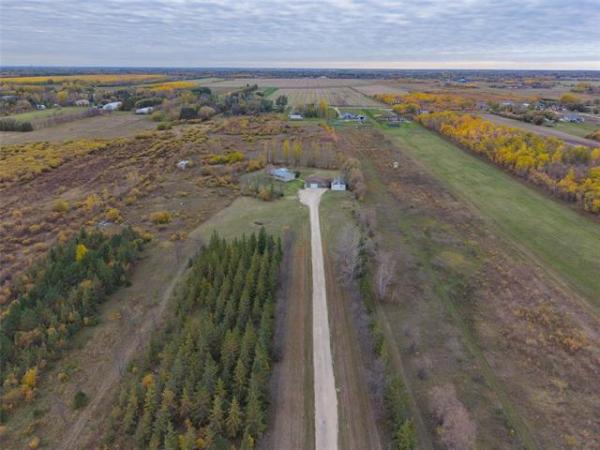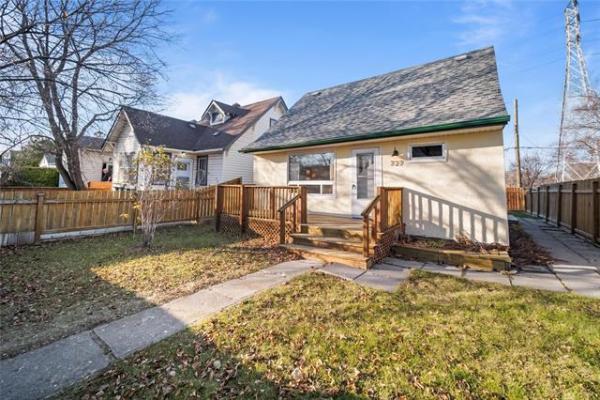If you've been investing in real estate over the last couple of years, it was a wise decision.
With the economic downturn, recession and fears about the future, real estate is the one area that's proven to be a safe investment, according to the latest market report released by RE/MAX earlier this month.
The RE/MAX Housing Market Outlook for 2010 predicts both the number of home sales and average prices will show increases in most major cities across the country. That's a sharp contrast from our neighbours down south, who are still facing a slow and depressed real estate market in the U.S. The Canadian report examined real estate trends in 23 markets to provide an outlook for the coming year.
Real estate sales are forecast to recover in almost all major centres by the end this year. Markets around the country that have been hit by the recession and suffered declines in sales and price have turned around. Leading the pack in the recovery race is Greater Vancouver, which is anticipated to have a 45 per cent increase in housing sales. Ottawa and Quebec City are both expected to reach historic highs for the number of homes sold.
"2009 was without question the year of the house," says Michael Polzler, Executive Vice President, RE/MAX Ontario-Atlantic Canada. "Real estate not only defied industry and analysts' predictions in 2009, its performance went well beyond the realm of expectation by boosting consumer confidence levels and ultimately kick-starting the national economic engine."
Prices have also been on the upswing. The average price in 65 per cent of markets will post new records in 2009, according to the RE/MAX report. That's in line with the country's economic performance.
For 2010, 83 per cent of the markets surveyed, or 19 out of 23, are expecting housing sales to increase over 2009 levels. House prices are also forecast to rise -- a whopping 91 per cent of the markets, or 21 out of 23 cities participating in the survey, are expecting housing prices to escalate next year.
According to RE/MAX, Canadian housing values are forecast to hit an average price of $318,000 at the end of 2009. That's an increase of five per cent from $303,594 in 2008. For 2010, the average price for a home in Canada is expected to reach a record level, rising two per cent from 2009 to reach $325,000.
On a local level, the average price of a home in Manitoba continues to climb. The average house price was $204,606 in October 2009, according to figures provided by the Canadian Real Estate Association (CREA). That's an increase of almost $20,000 from last year, when the average price in October 2008 was $185,558.
Even though I've bought and sold a few houses over the last decade, I'm still surprised every time I see those rising values. Put into perspective, I bought my first house in 1997. Ten years later, I paid exactly $100,000 more for a house that was almost half the size. And now, two years later, my house is likely worth even more (at least I'm hoping it is!). While Winnipeg is still at the low end compared to prices in many other Canadian cities, we've come a long way in a short time.
Year over year, Winnipeg is expected to show a five per cent increase in average house prices by the end of 2009. That's the same level of increase predicted for Ottawa and the Greater Toronto area.
"Some of the greatest percentage gains were reported in Western Canadian markets in 2009 -- demonstrating the higher the peak, the lower the valley," says Elton Ash, regional executive vice-president, RE/MAX of Western Canada. "That said, the recession barely registered on year-over-year activity in most major centres."
Across the country, the average price for a home is forecast to rise in 15 of the 23 markets surveyed. Surprisingly, St. John's, N.L. tops that list with a 15 per cent increase in average price predicted. Quebec City's average price is expected to rise eight per cent, Regina's seven per cent and Saint John, New Brunswick six per cent.
According to RE/MAX, a number of factors will help boost the Canadian real estate market in 2010. Improved economic conditions, continued low interest rates and rising consumer confidence are all factors that will boost activity in the housing market.
"The economic fundamentals in place going forward ideally position the 10 provinces, and the sector overall, for further growth," says Ash.
Whether you're a savvy real estate investor or just a simple home owner, the future looks bright. Stay tuned as we head into 2010.



